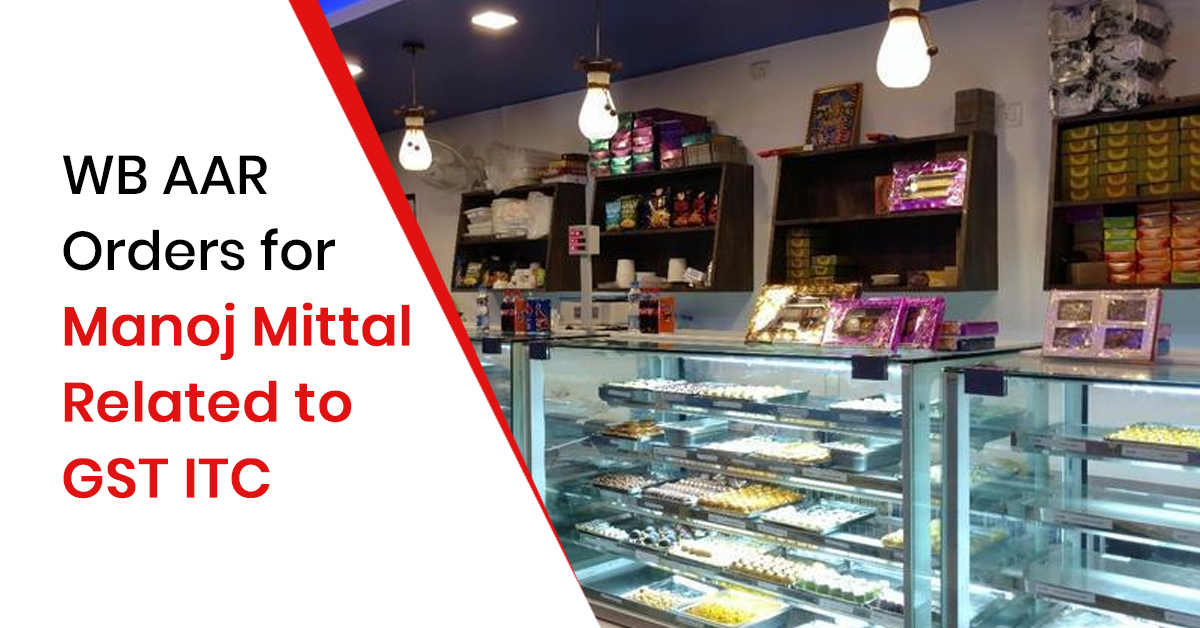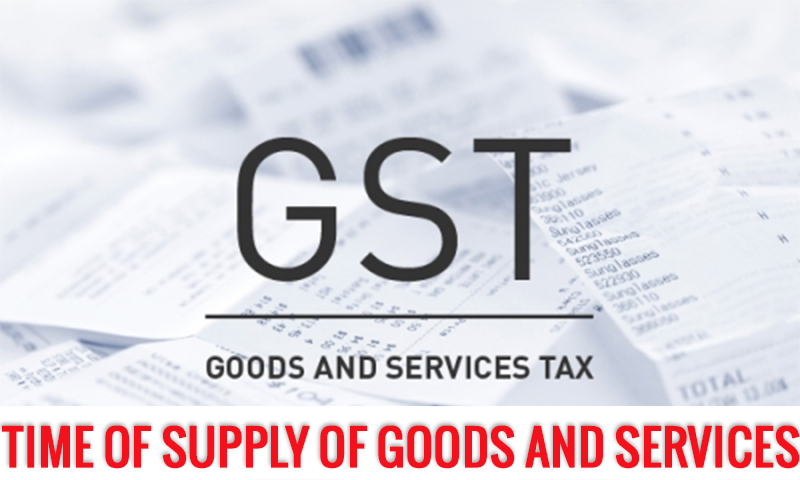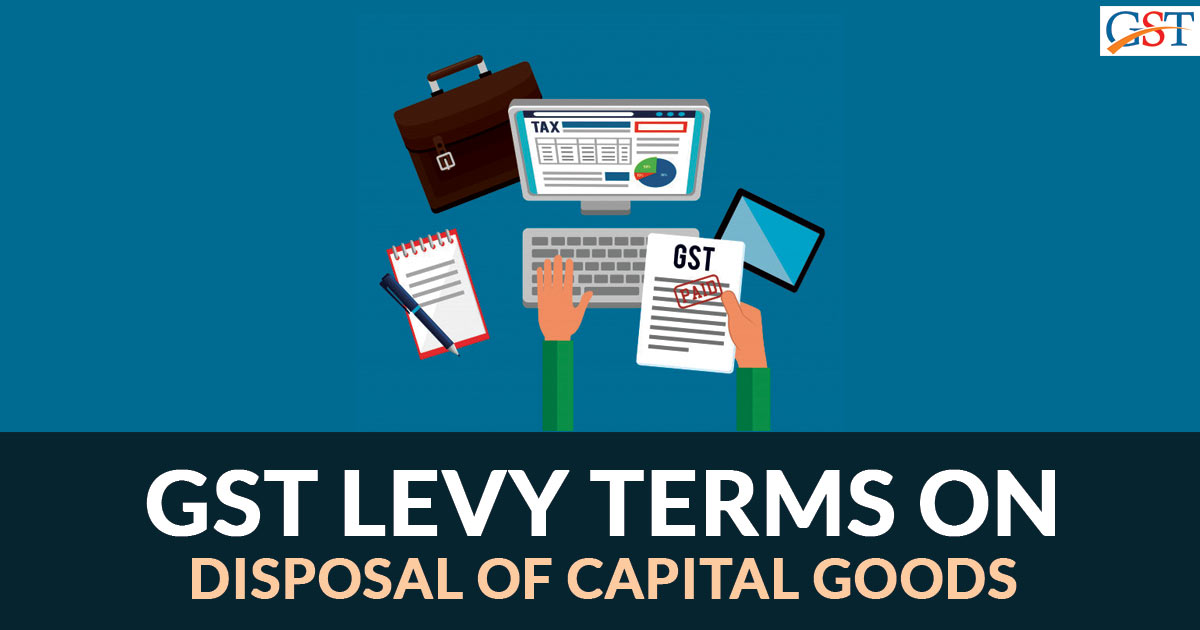As per the ruling of West Bengal’s Authority for Advance Ruling (AAR), selling and serving eatables within the office premises is not subject to the benefit of Input Tax Credit (ITC).

However, selling eatables and sweets within the office premises for consumption outside office premises is subject to the benefit of Input Tax Credit (ITC). West Bengal’s Authority for Advance Ruling (AAR) delivered the above-mentioned ruling on March 22. Thus this ruling may work as judicial precedent in similar cases.
The aforesaid judgment was delivered in the case of Manoj Mittal. The applicant, Manoj Mittal, is involved in the eatables business and is based in Darjeeling. His premises have two divisions. On the first counter sweetmeats, bakery items and “namkeens” are prepared and sold for the purpose of takeaways. On the other counter, beverage items and fast-food snacks are sold in such a way that
- They can be used as takeaways
- They can be consumed within the office premises
Furthermore, the applicant runs catering services in an educational institution. The applicant was not sure about ITC in the above-mentioned 2 conditions. Consequently, he approached AAR 
- Question 1: Whether the sale of bakery and sweetmeats is subject to ITC
- Question 2: If the second segment i.e. beverage items and fast-food snacks shall be treated as restaurant service.
- Question 3: Whether the catering services in educational services shall be exempted from GST.
West Bengal’s AAR Response on March 22
- Response to Question 1: Authority for Advance Ruling (AAR) ruled that the Sale shall be categorized as the supply of goods

- Response to Question 2: The supply of beverages and food by the applicant that includes both takeaways and eating in the office premises shall fall within the definition of restaurant services and shall be subject to a 5 percent rate. However, ITC shall not be provided.
- Response to Question 3: Providing catering services, based on the agreement, to an educational institution shall not come within the purview of GST. However, in agreement, there is a mention of supplying beverages and food to the guests/parents on programme days. It shall come within the domain of outdoor catering and shall be subject to GST of 5% but ITC shall not be provided.
The AAR further ruled that the applicant will adhere to the principle of apportionment of credit as mentioned in law with respect to ITC in the way of inputs, input services in addition to capital goods 
“As per Harpreet Singh, Partner in KPMG, the aforesaid ruling of AAR has aptly distinguished between the pure supply of foods and supply of food along with services. The distinction though blurred would be critical for determining the appropriate GST rate,” he said









